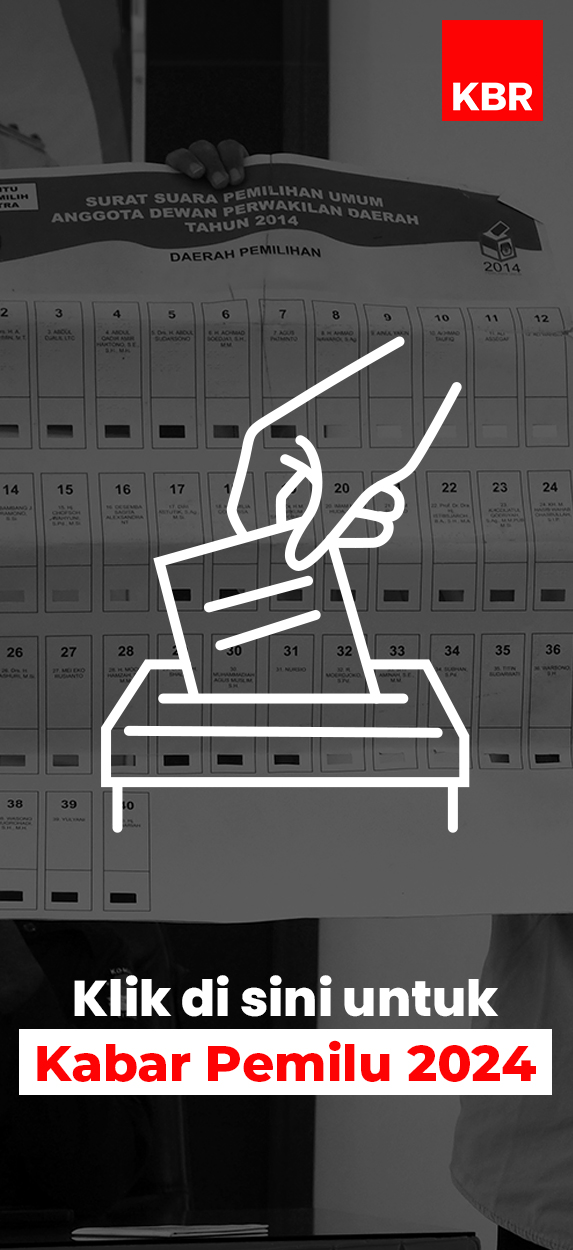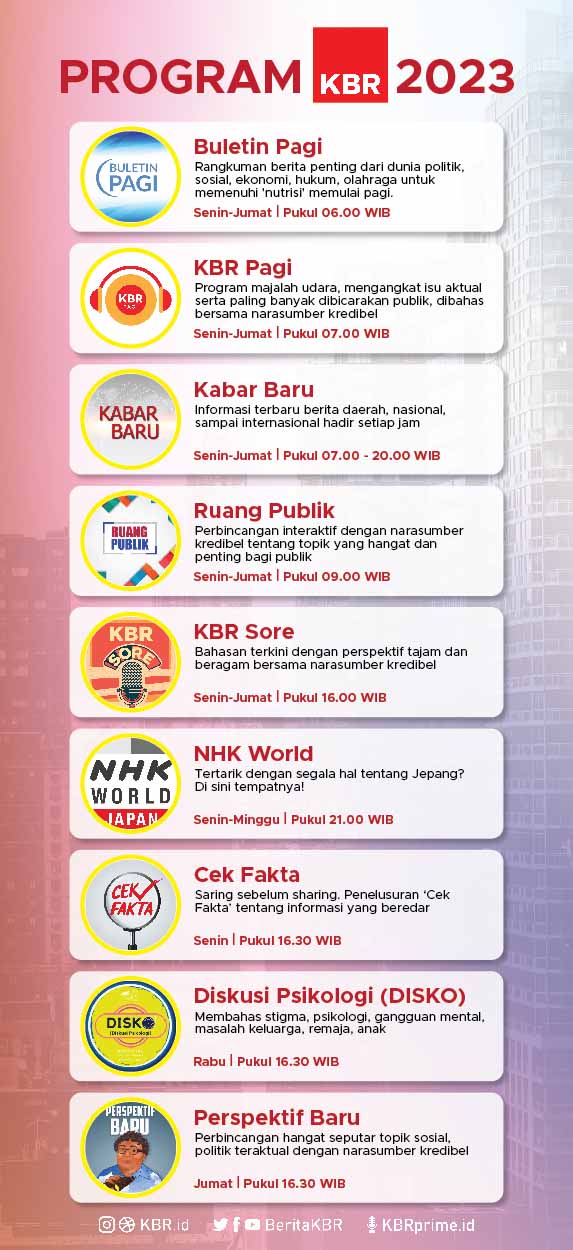The United-Nations backed Khmer Rouge war crimes tribunal is looking increasingly shakey, as more local staff join a strike over unpaid wages.
The UN has again urged the Cambodian government to honour its financial obligations to the special court, made up of foreign and local judges.
250 Cambodian staff, including judges and prosecutors, have not been paid since June.
The tribunal was set up in 2006, to investigate war crimes perpertrated by the Khmer Rouge during their rule from 1975 to 1979.
Sen Lam from Radio Australia talked to Lars Olsen, UN spokesman for the Khmer Rouge Tribunal.
“The staff has made it clear that they don't intend to return to work until at least there have been made arrangements for to how to pay their salaries which have been due since June. So until I think there is any kind of resolution, we expect that the staff will be on strike and away from the work.”
Q. Why is it that these local staff members are not being paid? What do you think needs to be done immediately?
“The local staff members are under the responsibility of the Cambodian government. The court has a budget which consists of two parts: one national component, which is supposed to be paid by the Cambodian government and the international component, which is supposed to be paid by the United Nations. And the Cambodian government has not secured funding for its component of the budget and has basically run out of money to pay salaries.”
Q. Well, the European Union, I think, recently contributed several millions more dollars to help with the running of the tribunal. Were some of these funds meant for the local Cambodian staff?
“No, the recent pledge from the European Union was made to the international side of the court, so this money is not available for the national staff. The Cambodian government obviously has an obligation under the agreement, which establishes this court, to provide these salaries.
The UN has also has also called for donors to help the government meet these obligations and there are currently ongoing discussions in New York between the UN and the principal backers of this court to try to find a solution to this crisis.”
Q. Well, a Cambodian government spokesman this week was quoted as saying that "we have to invest our budget in other areas". This is the Cambodian government speaking. So it would seem that the UN-backed tribunal is not a top priority for the Hun Sen government. Is that your reading of the situation?
“Well, I can't speculate what is the priorities of the Cambodian government. The Cambodian government will have to make their own priorities, but what is clear is that they have a obligation according to the agreement establishing the ECCC (Extraordinary Chambers in the Courts of Cambodia) to secure the payment of these salaries.
What I can generally say is the courts have experienced support both from donors and the Cambodian government in the past and we hope it will continue. We hope that there will be a resolution found for this situation, so the proceedings can move forward without being impacted too much by this strike. More and more donor governments have less money to spend on assistance programs abroad and since that, this is what is also the main effect, in terms of funding difficulties in the courts, that there are simply less funding available from international donors at the moment.”
Q. Well, even the UN Secretary-General has remarked that the Khmer Rouge tribunal and the court is in crisis. How long do you think this situation can continue before the tribunal finally collapses?
“Well at the moment, obviously, when we have 200 out of 400 staff members not working, that will obviously have an effect on the court's ability to perform its day to day tasks. We are currently assessing the full impact this strike has on our capability of moving things forward. But there is no doubt that if this strike goes on for much longer than it already has, it will affect the progress of the proceedings of the ECCC.
The UN is obviously one stakeholder of this court, the other being the Cambodian government and, of course, also the international donors that have invested in this court and there are consultations ongoing about the situation and hopefully, a solution can be found.”
The Cambodian government has denied it's using lack of finance as an excuse to bring the tribunal process to a close. Spokesman Ek Tha says it's asking Australia and other key donors for further funding.
Cambodian Government Looks to Donors to Pay Khmer Rouge Tribunal Staff
The United-Nations backed Khmer Rouge war crimes tribunal is looking increasingly shakey, as more local staff join a strike over unpaid wages.

INDONESIA
Sabtu, 07 Sep 2013 14:16 WIB


Cambodia, Khmer Rouge Tribunal, Lars Olsen, Radio Australia
Kirim pesan ke kami
WhatsappRecent KBR Prime Podcast
Kabar Baru Jam 7
Strategi Perempuan Pengemudi Ojol Mengatasi Cuaca Ekstrem (Bag.4)
Arab Saudi Bangun Taman Hiburan Bertema Minyak di Tengah Laut
Menguji Gagasan Pangan Cawapres
Mahfud MD akan Mundur dari Menkopolhukam, Jokowi: Saya Sangat Hargai




